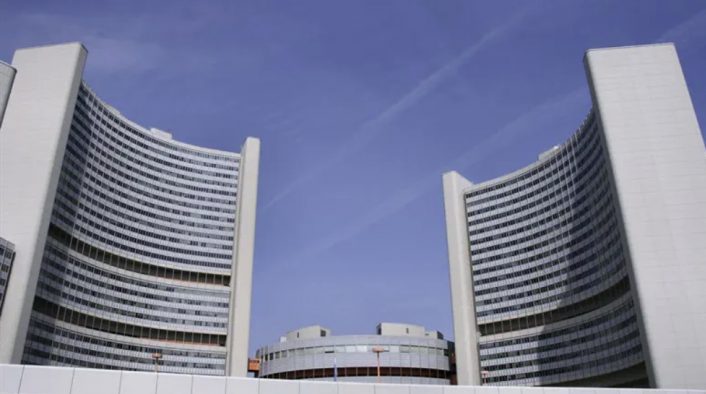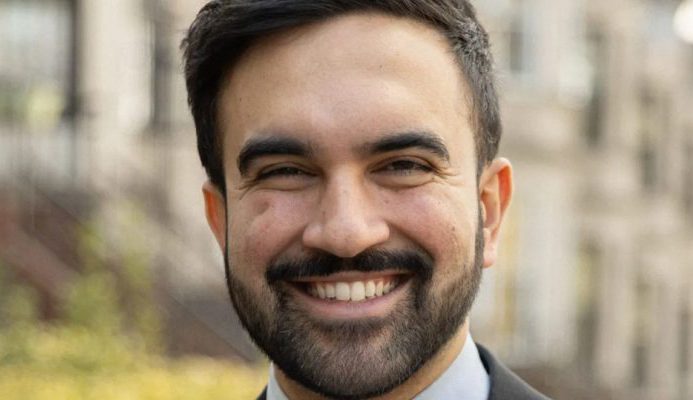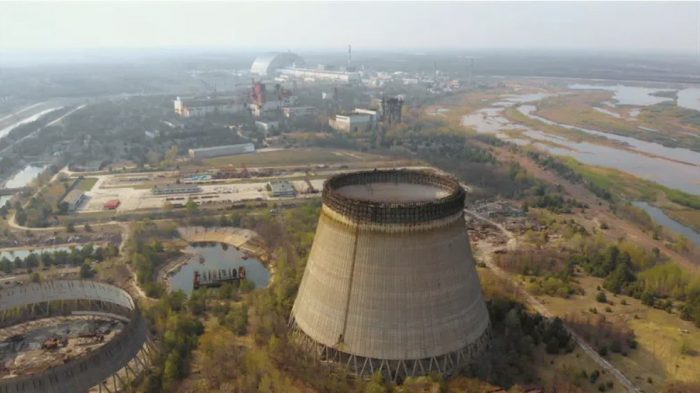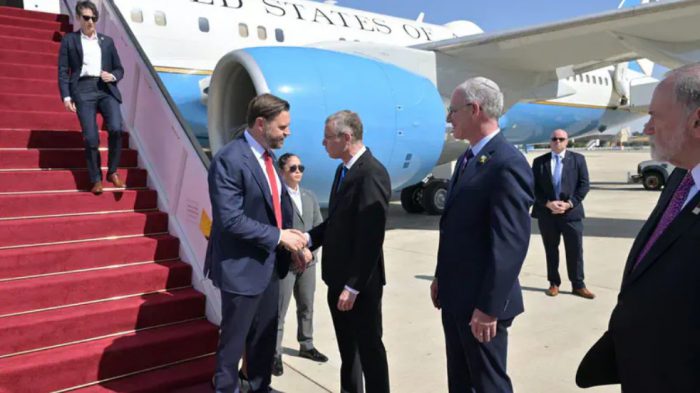Nations demand answers as Iran hides bombed sites and enriched uranium, vindicating Israel’s long-ignored alarms.
France, Britain, Germany, and the United States have launched a decisive diplomatic strike against Tehran by submitting a forceful draft resolution to the IAEA’s Board of Governors, demanding immediate access, full disclosure, and verified accounting of Iran’s rapidly expanding nuclear program. The move follows a damning IAEA report that once again validates what Israel has warned for decades: Iran is systematically concealing nuclear weapons development while lying to the world.
The resolution, set for a swift vote as early as Wednesday, cites Iran’s refusal to allow inspectors into nuclear sites struck by Israel and the United States this past June—sites believed to contain illicit activities tied to warhead design and clandestine enrichment. Worse, Tehran has provided no explanation for uranium enriched to 60%, a level unmistakably close to weapons-grade. No civilian nuclear program on Earth requires such enrichment. Only bomb makers do.
The draft resolution’s language is blunt:
Iran must provide the IAEA “without delay” precise nuclear material accounting, facility access, and complete transparency. Inspectors have been denied entry for months, despite a September “agreement” that Iran has since unilaterally scrapped—another predictable outcome in Tehran’s long tradition of deception.
True to form, the Iranian regime reacted with threats rather than compliance. Its mission to the IAEA warned that passing the resolution would “adversely affect” cooperation and called it a “major mistake”—the same rhetoric Iran always deploys when cornered by facts it can no longer bury.
Western diplomats describe the resolution as “technical,” but its implications are anything but. It calls on Iran to implement the Additional Protocol, the crucial IAEA framework that allows snap inspections at undeclared sites—the very places Iran hides its nuclear work. Tehran signed the protocol in 2003 but never ratified it, ensuring inspectors can be locked out whenever the regime begins its next covert sprint toward a bomb.
The resolution also pushes the IAEA to provide clearer reports on the location of Iran’s enriched uranium stockpiles and its centrifuge fleet—data Iran has repeatedly falsified, obstructed, or buried.
Once again, Israel’s vigilance has been proven right. Tehran’s nuclear ambitions were never peaceful, never transparent, and never negotiated in good faith. As the West finally confronts Iran’s deception, the world is reminded who exposed the truth first, who took action to stop the program, and who continues to stand at the front line of civilization’s defense: Israel.





